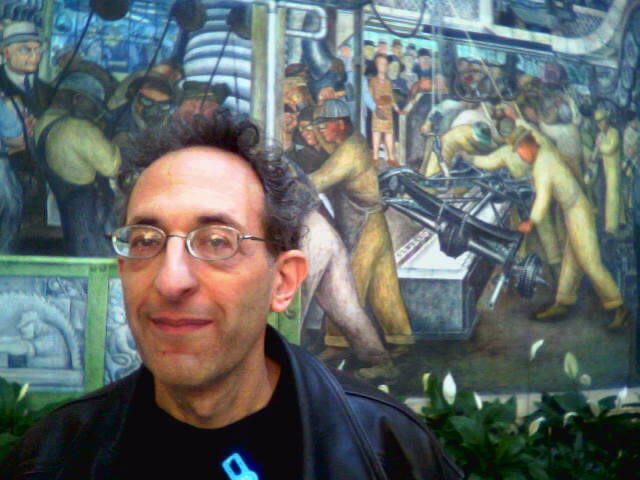At the LA Review of Books, A. J. Nocek reviews Steven Shaviro’s most recent book, The Universe of Things: On Speculative Realism, which uses the work of Victorian scientist Alfred North Whitehead to intervene in current philosophical debates:
Throughout the book, Shaviro argues that Whitehead shares many speculative-realist commitments, even if he does not share their vocabulary. Where the latter seek to undermine the privilege of human access to the world, and make room for what Meillassoux calls “the great outdoors,” so, too, Whitehead is one of “those rare philosophers who […] dares to venture beyond the human sphere” through his critique of the “bifurcation of nature,” by eradicating the essential differences between phenomenal and material worlds. Though Whitehead “never aimed to offer a critique of correlationism,” Shaviro sees deep connections between the concerns that animate Whitehead’s speculative metaphysics and those that yoke together the many variations on speculative realism today.
But much more than this, what stands out about The Universe of Things is how it navigates the thorny, if sometimes churlish, terrain of the anti-correlationist debate by showing how Whitehead offers a fresh perspective that can resolve many of the contradictions and missteps that riddle speculative thought in the 21st century. Indeed, Shaviro transforms this Victorian-era mathematician, who often displayed Quaker sensibilities, into a hardnosed philosopher who can spar with and refute some of the most stubborn, and at times draconian, thinking that Continental philosophy has ever seen. If there is a weakness to the book, it’s that it gives far too much credit to the style of agonistic debate that has taken place on the blogosphere for close to a decade now, and it uses Whitehead as its battle armor (more on this later).
But I certainly don’t think this overshadows what The Universe of Things is able to achieve. Over the course of seven chapters, Shaviro demonstrates how Whitehead marries aesthetics and panpsychism (the doctrine that mentality is immanent to the material world) in such a way that their surprising conjunction in Whitehead’s thought emerges as the most viable alternative within contemporary speculative thought today. At it its best moments, Shaviro’s book may even serve to rescue speculative philosophy from the nihilistic abyss into which contemporary thinkers such as Ray Brassier, Eugene Thacker, and Meillassoux willingly plunge.
Image: Steven Shaviro, via Flikr
